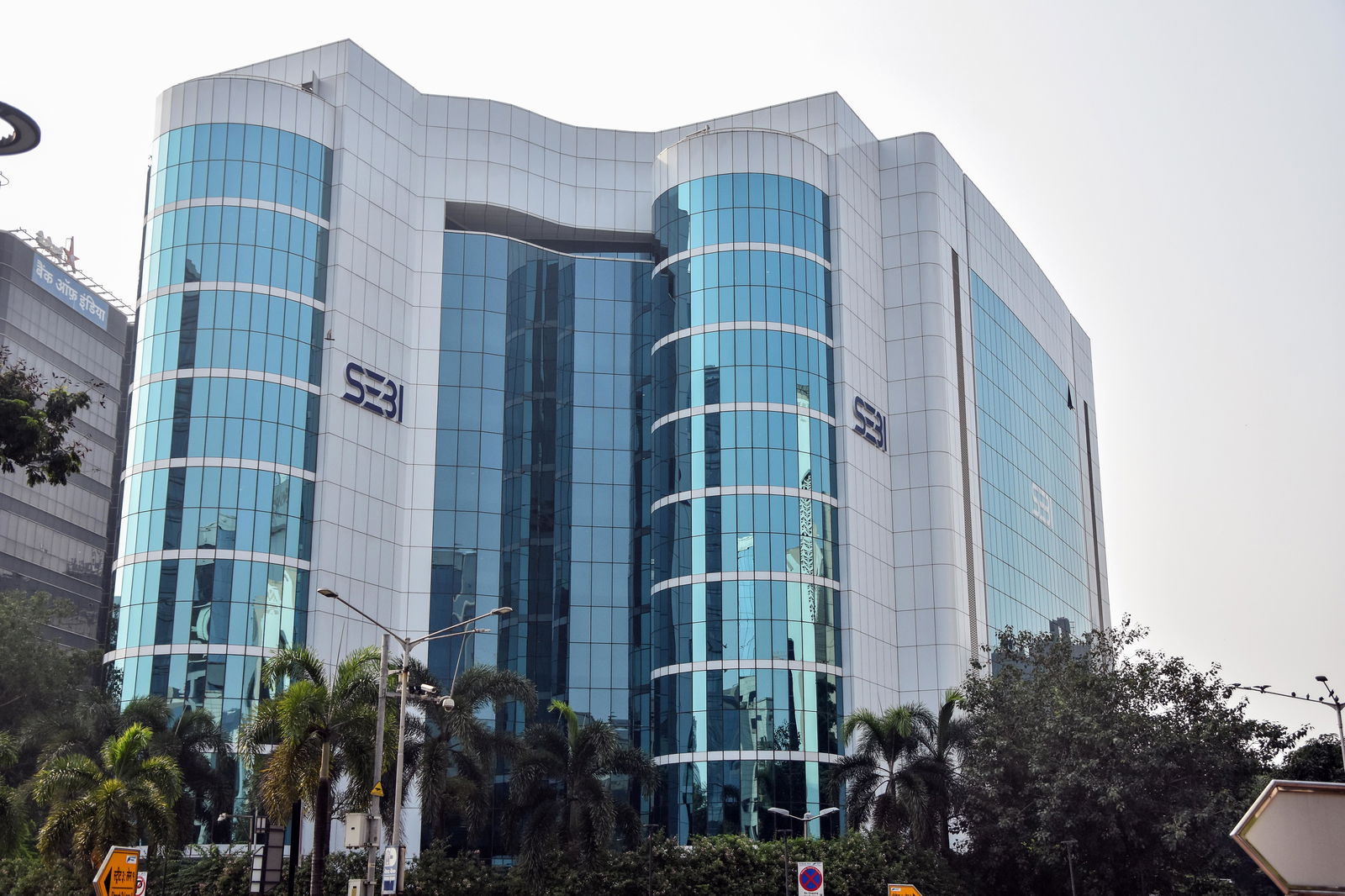The Securities and Exchange Board of India (SEBI) has asked mutual fund houses not to participate in pre-IPO placements. This move is taken to protect retail investors and ensure regulatory compliance.
SEBI issued a letter to the Association of Mutual Funds in India (AMFI) on Friday, which was also reviewed by The Economic Times, stating, mutual fund houses can no longer acquire equity shares before their initial public offering. However, they would be allowed to invest in IPOs through the anchor investor portion (that which opens a day before the public issue date) or as a part of the public issue itself.
According to The Economic Times, SEBI cited Clause 11 of the Seventh Schedule of the SEBI (Mutual Funds) Regulations, 1996, which says that “All investments by mutual fund schemes in equity shares and equity-related instruments must be made only in securities that are listed or to be listed.”
This prohibition would ensure that mutual fund unit holders would not be able to get a view of the liquidity and valuation risks of unlisted securities.
Impact on fund houses and the market
This decision by the market regulatory body (SEBI) has shaken the grounds of the asset management industry. Previously, some fund managers applied the strategy of getting the benefit of the pre-IPO placements to generate excess returns. They often booked humongous gains for their scheme by stepping in at a discounted valuation before the public offering.
SEBI’s initial concern is the risk that is involved with IPOs, which may be delayed or cancelled. Pre-IPO placements happen months before a company files its draft prospectus. The market regulator announced that if an initial public offering fails to materialise after a mutual fund has already invested, then the fund scheme will end up holding unlisted shares.
This move taken by SEBI is being viewed as an important step to strengthen investor protection and ensure that mutual funds that manage public money align with their mandate of investing in liquid, listed securities.











